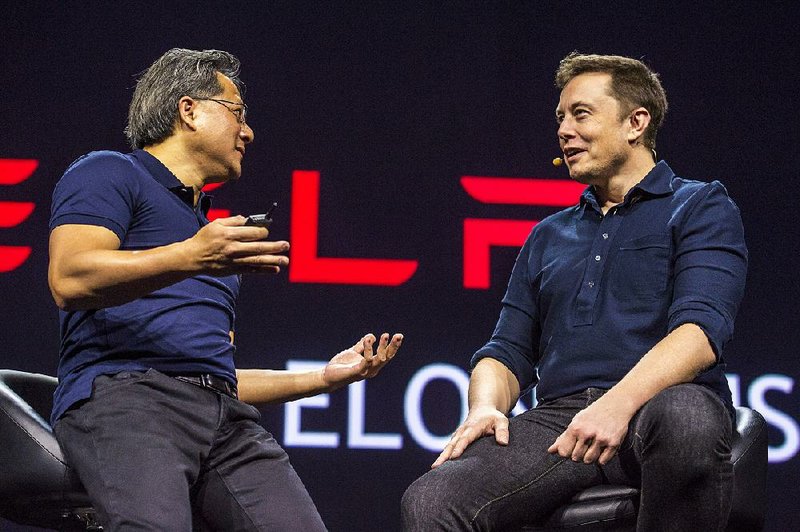For many drivers who commute long distances, the prospect of owning a self-driving car -- where a driver takes his hands off the wheel and feet off the gas -- has been an elusive dream.
But late last week, Elon Musk, chief executive of Tesla, took a big step in that direction when he announced that the maker of high-end electric cars would introduce autonomous technology by this summer.
Musk said a software update -- not a repair performed by a mechanic -- would give Tesla's Model S sedans the ability to start driving themselves, at least part of the time, in a hands-free mode that the company refers to as autopilot.
But some industry experts said serious questions remain about whether such autonomous driving is actually legal.
"There's a reason other automakers haven't gone there," said Karl Brauer, an analyst with Kelley Blue Book.
Brauer said that while a handful of states had passed laws legalizing autonomous vehicles, those laws were written to cover the testing of driverless cars, not their use by consumers.
"It's not just a philosophical reason why automakers haven't allowed their vehicles to drive themselves," he said. "There's a legal reason, too."
Alexis Georgeson, a spokesman for Tesla, said that there was "nothing in our autopilot system that is in conflict with current regulations."
Georgeson said the system was designed to be used by an alert driver. "This is about releasing the driver from tedious tasks so they can focus and provide better input," she said.
What Musk said Tesla was planning for this summer, however, would be a revolutionary step, said Jessica Caldwell, an analyst with Edmunds.com.
"Working through the legalities and the legislation continues to be an issue," she said. "I'm not certain how Tesla would get around that."
Musk said that Tesla had been testing its autopilot on a route from San Francisco to Seattle, with company drivers letting the car navigate the West Coast largely unassisted.
Carl Tobias, a law professor at the University of Richmond, said the question of liability for autonomous cars would have to be worked out, possibly through court cases, as insurance companies, manufacturers and individuals fight over who is responsible.
"If it's fully autonomous, who's responsible if there's a mistake? The driver or the company who made it?" Tobias said. "I don't see how Tesla's going to clear the hurdles. They may have to go to each state legislative body and convince them, and that takes time."
SundayMonday Business on 03/23/2015

